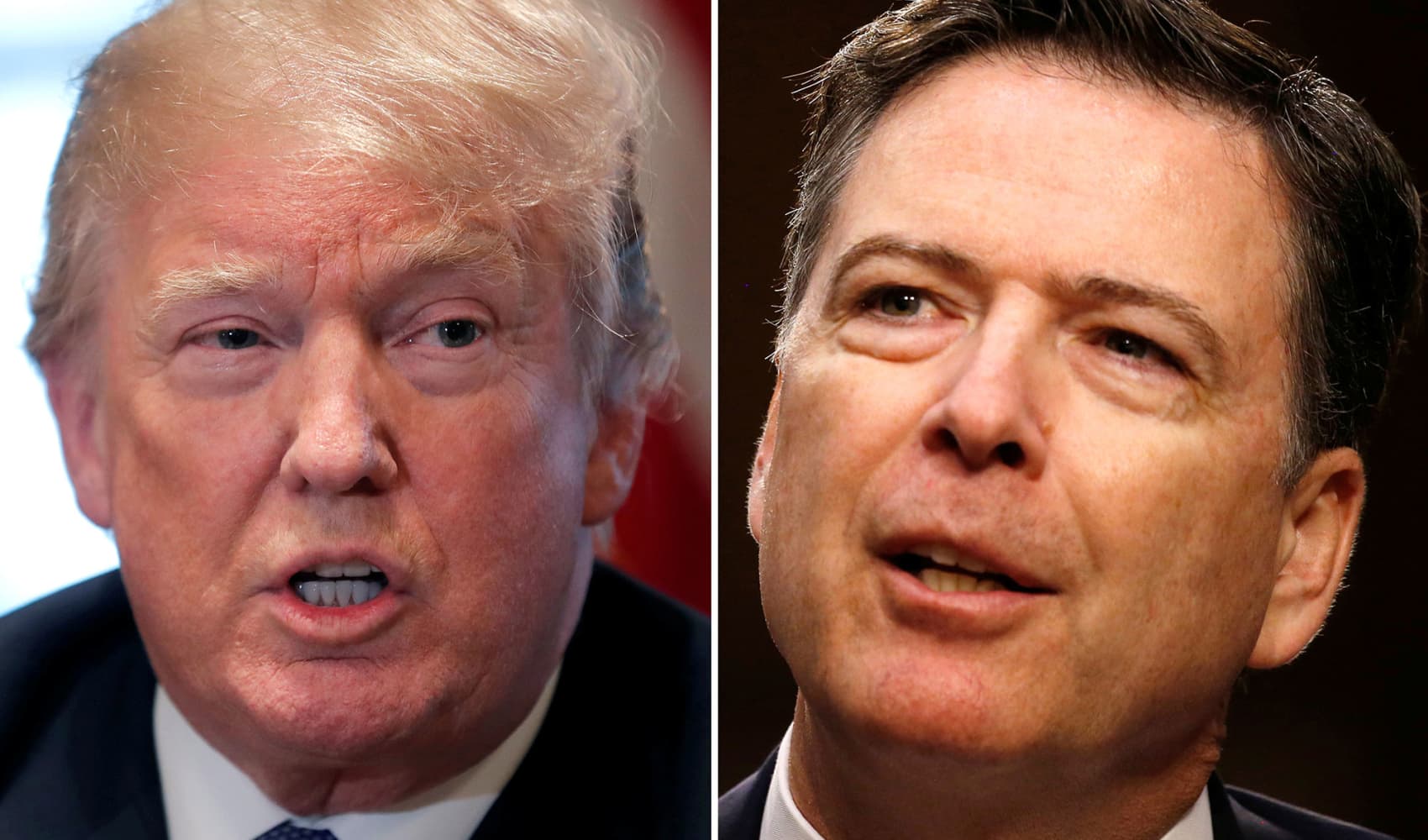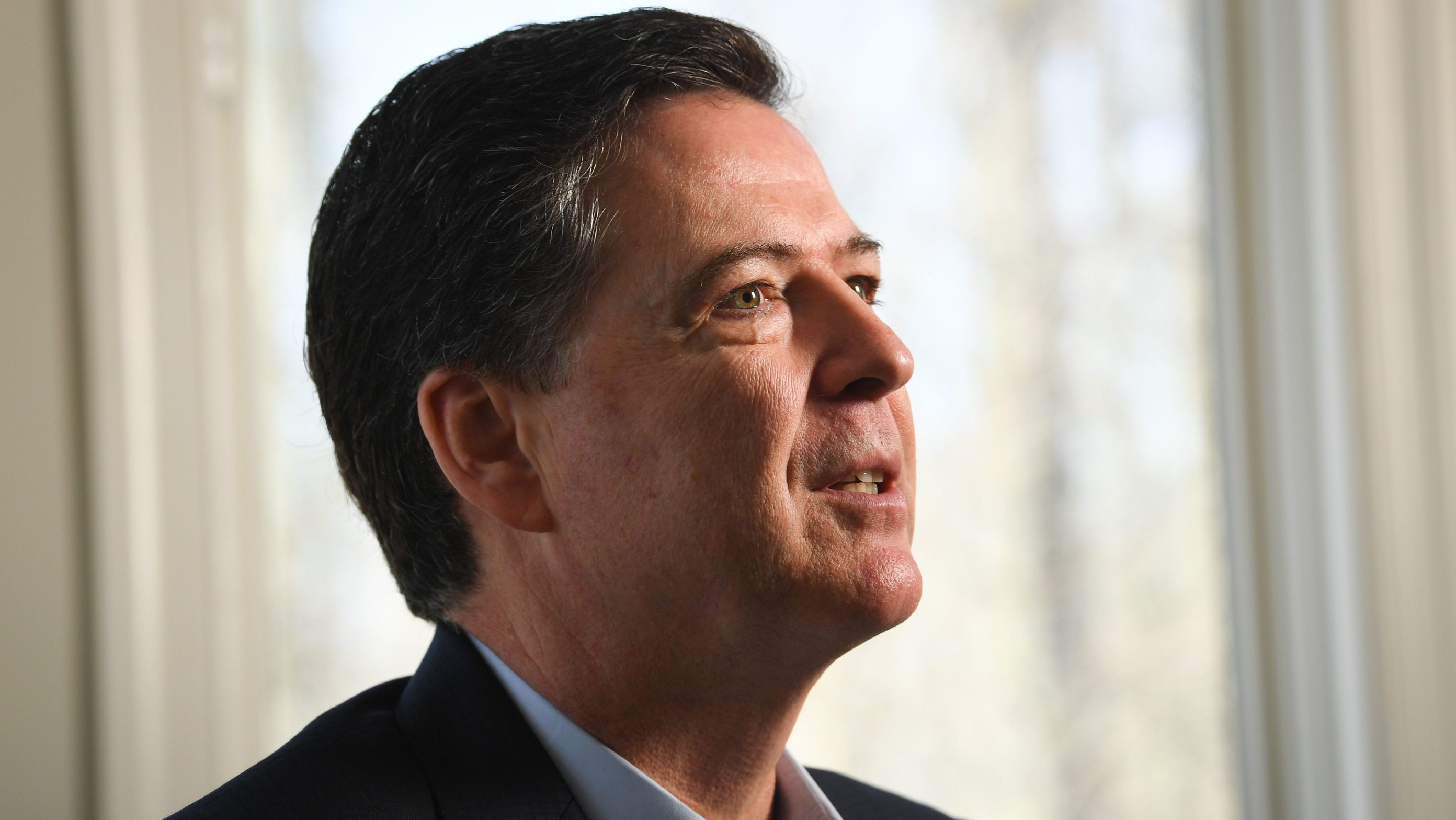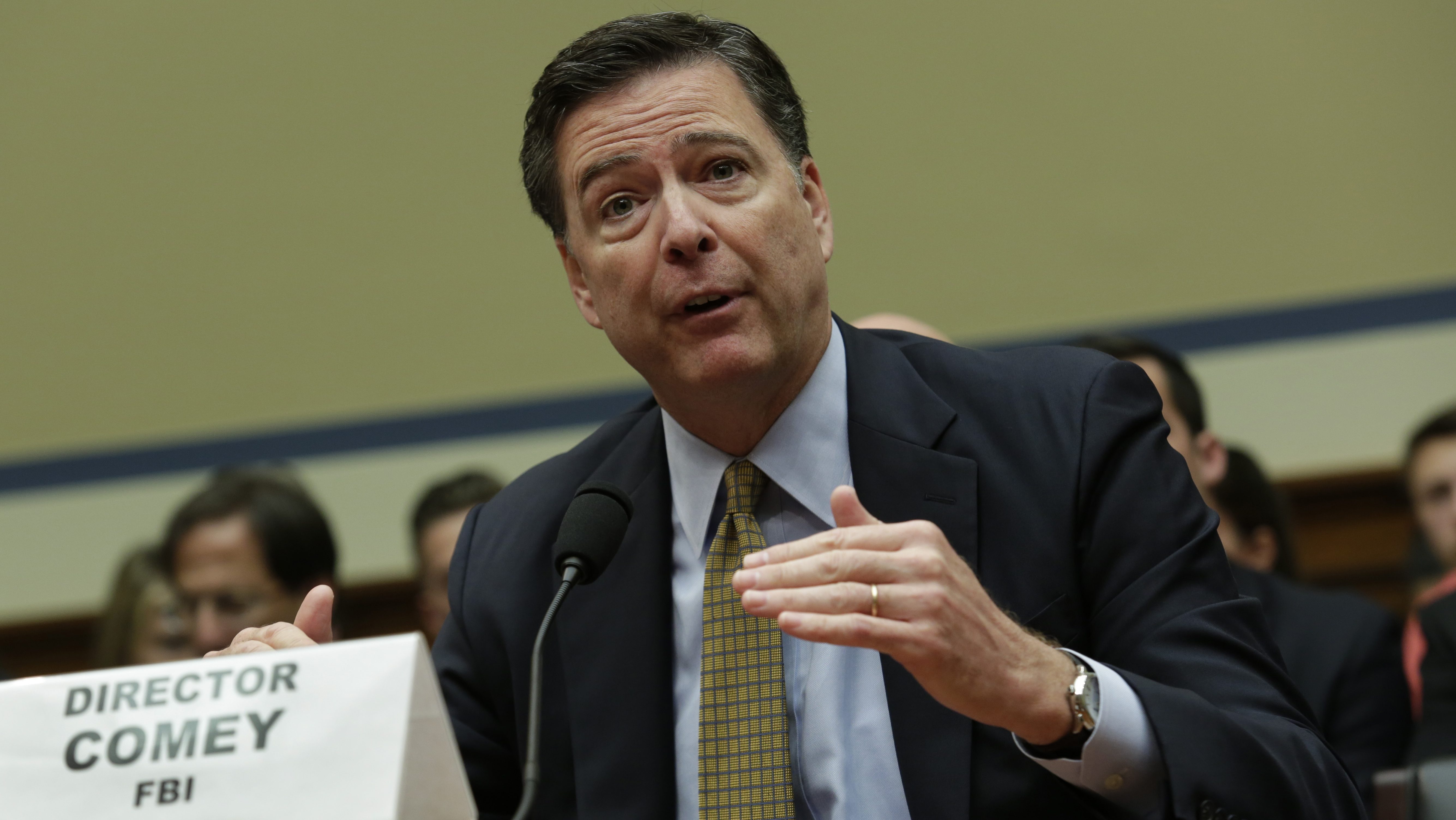Homeland Security Purse Stolen: Thief Faces Federal Charges!
D.C. Purse Snatcher Nets Federal Charges: Noem's Case & More
Introduction: When Opportunity Knocks... or Snatches Your Purse
Imagine this: you're enjoying a meal, maybe discussing important matters of national security, when suddenly – *poof* – your purse is gone. It sounds like something out of a spy movie, right? But for Homeland Security Secretary Kristi Noem, it became a reality. And now, the alleged culprit, Mario Bustamente Leiva, is facing serious federal charges, not just for Noem's purse, but for a string of similar thefts. So, what exactly happened, and why is this seemingly "small" crime landing someone in such deep water?
The Allegations: A Trio of Troublesome Thefts
Mario Bustamente Leiva, a Chilean national, stands accused of more than just picking the wrong target. He's facing federal charges related to three separate purse snatchings that occurred in Washington, D.C., between April 12th and 20th. It’s not just a local matter; it’s escalated to the federal level because of the nature of the crimes and the use of stolen financial information.
Robbery, Wire Fraud, and Aggravated Identity Theft
The charges are serious: robbery, wire fraud, and aggravated identity theft. Why these specific charges? Well, robbery is fairly straightforward – the alleged act of stealing. But the wire fraud comes into play because Leiva is accused of using the stolen credit cards to make fraudulent purchases. And the aggravated identity theft charge? That stems from using someone else's personal information to commit a crime, a federal offense with hefty penalties.
The Secret Service Connection: More Than Just a Bodyguard Detail
When the alleged theft occurred involving Secretary Noem, she was under the protection of the U.S. Secret Service. Now, you might think of the Secret Service as just bodyguards, but they're also heavily involved in investigating financial crimes. The complaint against Leiva was actually filed by a U.S. Secret Service agent. This highlights the agency’s dual role: protecting individuals and safeguarding financial systems.
The Modus Operandi: How the Alleged Thefts Unfolded
According to the criminal complaint, Leiva allegedly targeted unsuspecting individuals in public places, quickly snatching their purses and making off with the goods. After the thefts, he purportedly used the stolen credit cards to make fraudulent purchases. It's a classic case of "grab and dash" but with a digital twist.
From Purse Snatching to Online Shopping Spree
The modern-day purse snatcher doesn't just make off with cash; they hit the digital jackpot. The ability to immediately use stolen credit cards online or at point-of-sale terminals transforms a simple theft into a potentially lucrative, and highly traceable, crime. This immediate use is what triggers the wire fraud component of the charges.
The Evidence: What's Building the Case Against Leiva?
Details of the specific evidence against Leiva haven't been fully disclosed, but we can infer that it likely includes:
- Witness testimonies from the victims.
- Surveillance footage from the restaurants and other locations where the thefts occurred.
- Transaction records showing the fraudulent use of the stolen credit cards.
- Potentially, forensic evidence linking Leiva to the crime scenes.
The Potential Penalties: What Could Leiva Be Facing?
Federal charges carry significant consequences. Robbery, wire fraud, and aggravated identity theft can all result in lengthy prison sentences and substantial fines. The exact penalties will depend on factors like the value of the stolen goods and the number of prior offenses (if any).
Aggravated Identity Theft: A Crime With Teeth
Aggravated identity theft is particularly serious. It carries a mandatory minimum sentence of two years in prison, which must be served consecutively with any other sentence imposed for the underlying crime (in this case, the robbery and wire fraud). This means that even if Leiva receives a relatively lenient sentence for the robbery and wire fraud, he's still looking at a minimum of two years behind bars for the identity theft charge.
The Impact on Secretary Noem: More Than Just a Lost Purse
While the theft of a purse might seem like a minor inconvenience, the fact that it happened to a high-ranking government official like Secretary Noem raises serious security concerns. It highlights the potential vulnerability of government officials, even when under the protection of the Secret Service. This incident could lead to increased security protocols and a greater emphasis on protecting officials in public settings.
The Bigger Picture: A Trend of International Theft Rings?
The fact that Leiva is a Chilean national raises questions about whether this is an isolated incident or part of a larger trend involving international theft rings targeting individuals in the United States. Law enforcement agencies are increasingly focused on combating transnational criminal organizations that engage in various forms of theft and fraud.
Legal Representation: Leiva's Defense Strategy
Leiva is entitled to legal representation, and it will be interesting to see what defense strategy his attorneys employ. Will they argue mistaken identity? Lack of evidence? Or will they attempt to negotiate a plea deal with prosecutors? The coming months will reveal the legal path he chooses to take.
The Investigation: Unraveling the Details
The investigation is ongoing, and it's likely that law enforcement agencies are working to determine if Leiva acted alone or if he was part of a larger criminal network. They may also be investigating whether he's been involved in similar thefts in other cities or states.
The Importance of Vigilance: Protecting Yourself from Theft
This case serves as a stark reminder of the importance of being vigilant about protecting your personal belongings, especially in public places. Simple steps like keeping your purse close to your body, not leaving your belongings unattended, and being aware of your surroundings can help deter potential thieves. Consider using RFID-blocking wallets to protect your credit cards from electronic skimming.
The Public Reaction: Outrage and Concern
The news of the alleged theft involving Secretary Noem has sparked public outrage and concern, particularly among those who are already worried about crime rates in major cities. This case may further fuel the debate over law enforcement policies and the effectiveness of current security measures.
Future Implications: What's Next for the Case?
The case against Leiva will now proceed through the federal court system. He will likely be arraigned, enter a plea, and potentially face a trial. The outcome of the case will depend on the strength of the evidence, the skill of the attorneys involved, and the decisions made by the judge and jury.
Conclusion: Lessons Learned from a High-Profile Purse Snatching
So, what are the key takeaways from this case? First, even high-ranking officials aren't immune to crime. Second, seemingly "small" thefts can lead to serious federal charges. And third, vigilance and awareness are crucial for protecting yourself from becoming a victim. This case serves as a reminder that crime can happen anywhere, anytime, and to anyone. While this incident highlights security vulnerabilities, it also emphasizes the importance of law enforcement's dedication to bringing alleged perpetrators to justice.
Frequently Asked Questions (FAQs)
Here are some frequently asked questions about the case:
- What are the specific federal charges against Mario Bustamente Leiva?
He is charged with robbery, wire fraud, and aggravated identity theft in connection with three alleged purse snatchings in Washington, D.C.
- Why is the Secret Service involved in a purse-snatching case?
The Secret Service protects high-ranking officials like Secretary Noem and also investigates financial crimes involving stolen credit cards.
- What is the potential penalty for aggravated identity theft?
Aggravated identity theft carries a mandatory minimum sentence of two years in prison, which must be served consecutively with any other sentence.
- How did the suspect allegedly use the stolen credit cards?
He allegedly made fraudulent purchases online and at point-of-sale terminals using the stolen credit card information.
- What can I do to protect myself from becoming a victim of purse snatching or credit card theft?
Be vigilant in public places, keep your purse close to your body, use RFID-blocking wallets, and monitor your credit card statements for any unauthorized transactions.




